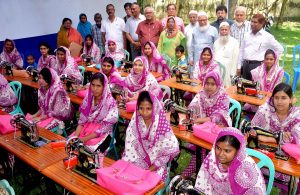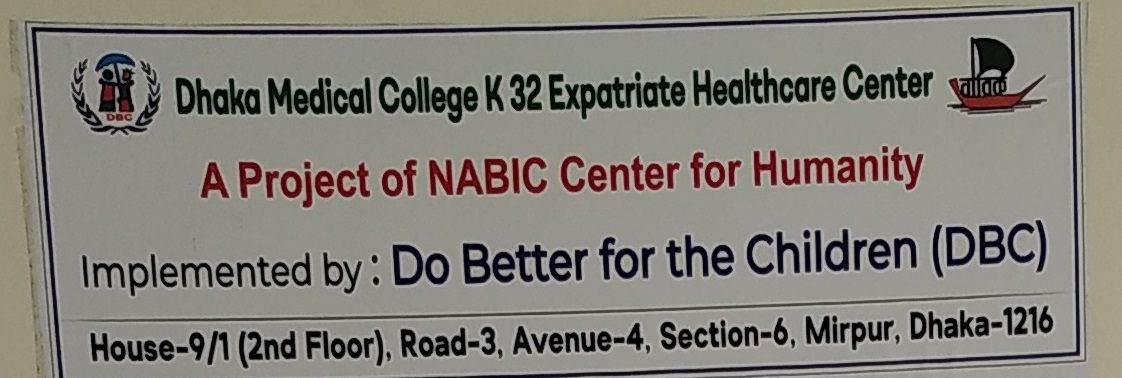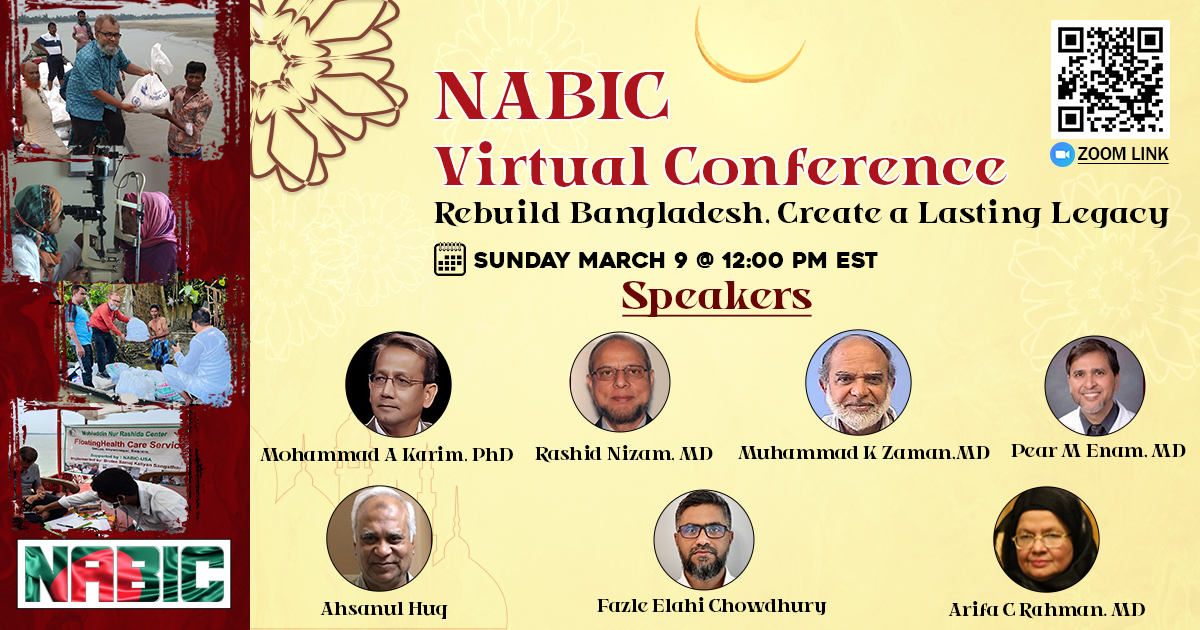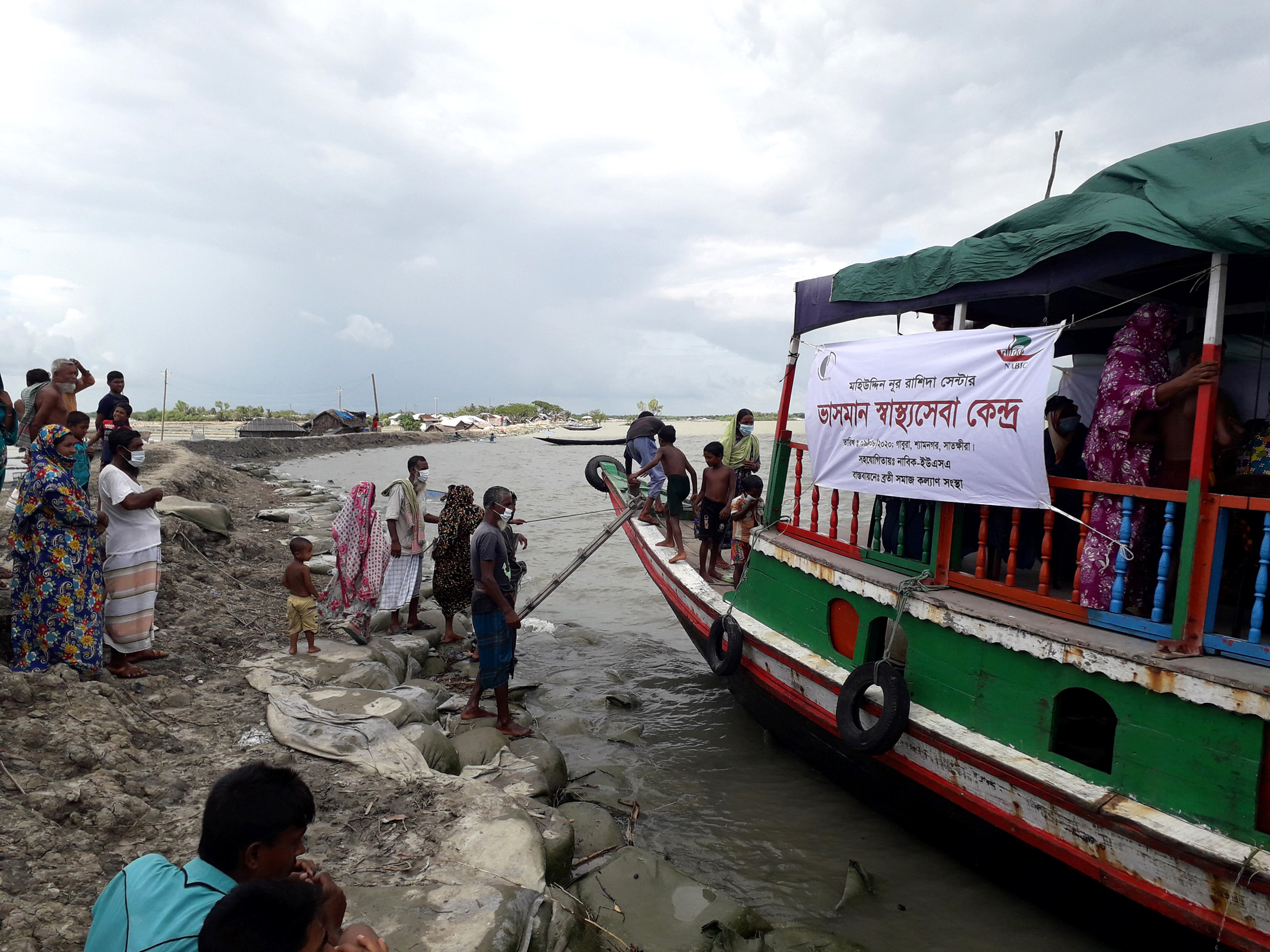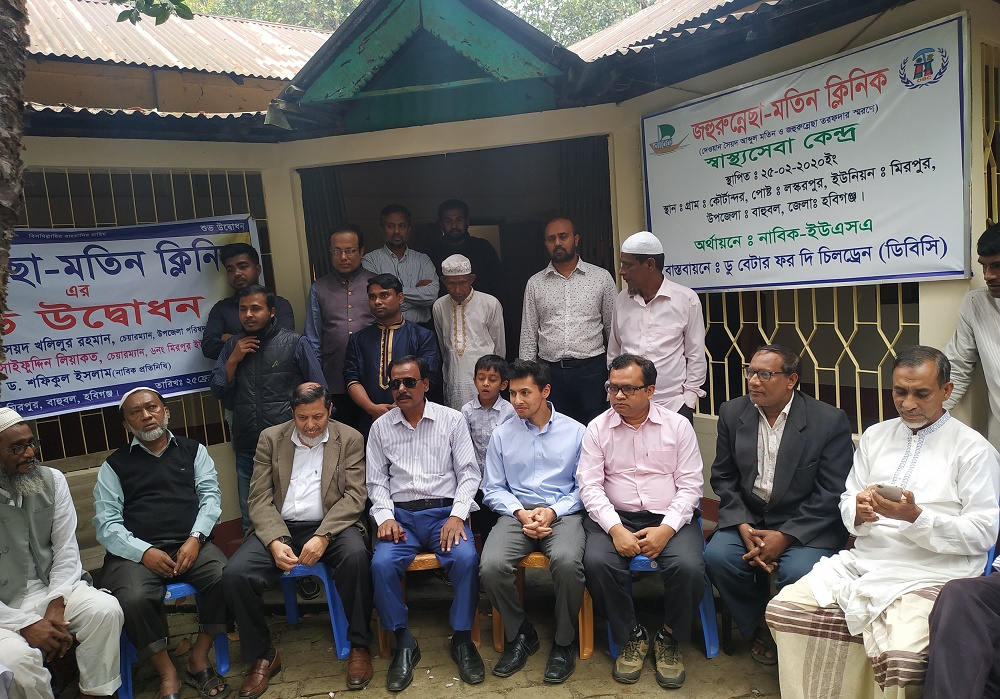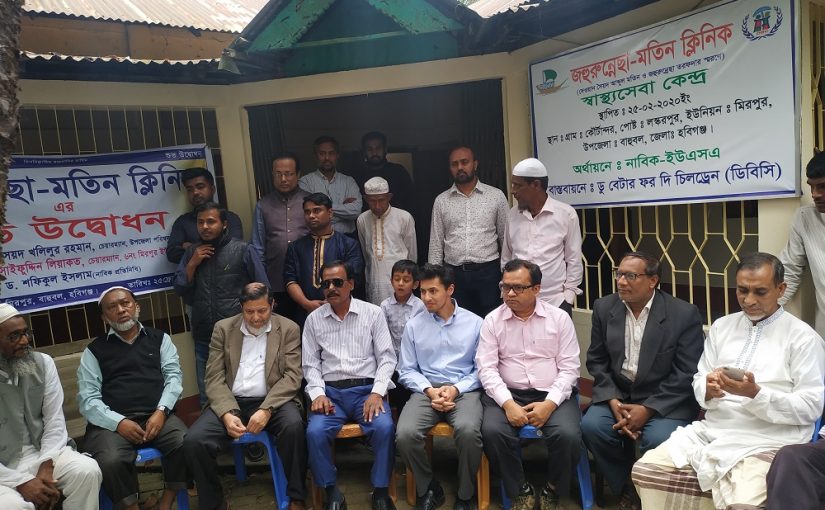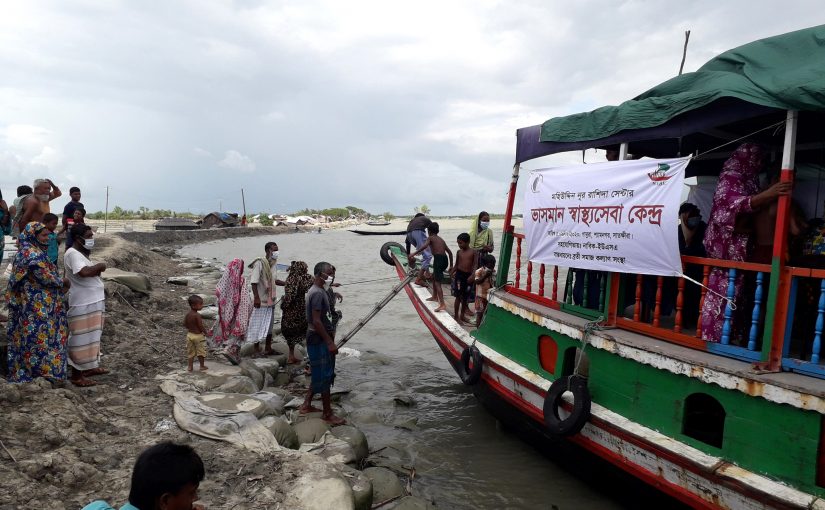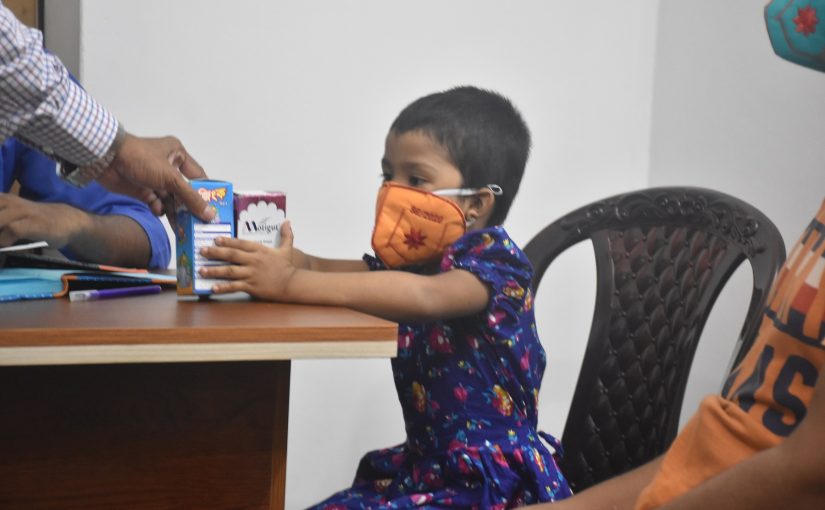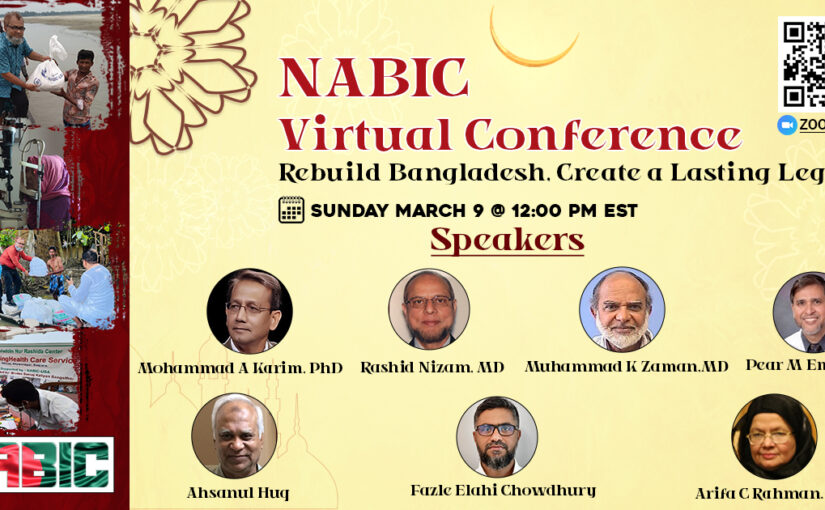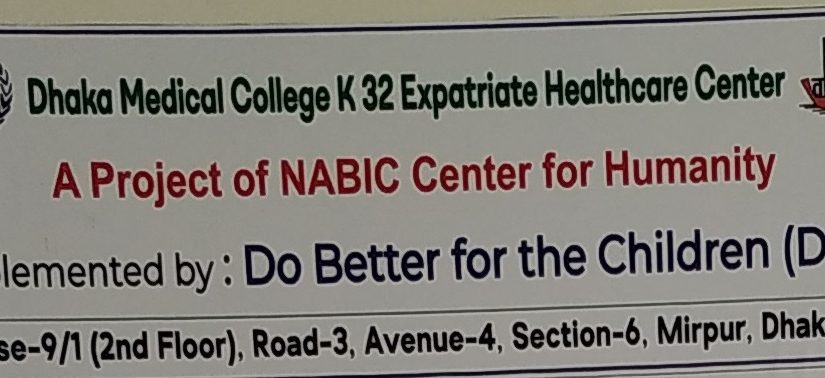
The Pankhali Government Primary School is located at Dacope Upazila under Khulna District which is 30 km (approx.) from Khulna town and 83 km from the Sundarbans – the world’s largest mangrove forest adjacent to the Bay of Bengal. The total area of Dacope (including part of the Sundarbans) is 991.57 sq. km, having a total population of 152,316 with a population density of 533 per sq. km. The average infant mortality rate is 22.93%. According to a report published by the World Health Organization (WHO), four out of five cases of child mortality in the area are related to consuming contaminated drinking water.
The area is remote and access to clean drinking water is limited. Funding from NABIC, Promoting Sustainable Livelihoods Foundation (PSLF) has installed a solar-based water treatment plant in Pankhali Government Primary School at Dacope, Khulna. The project was inaugurated on May 12, 2019. The plant produces 500 Liter water per hour and the daily production is between 3000 Liters and 4000 Liters. These will provide clean drinking water to 450 school children & their family, 20 teachers and staff in the Pankhali govt. Primary and High School.
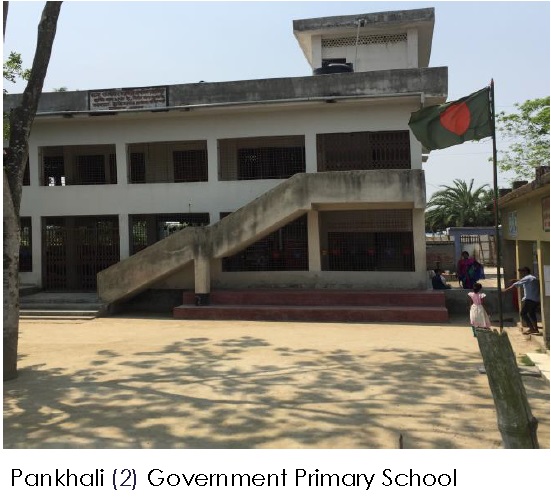
With the funds that remain from NABIC’s allocation of $25K, it is planned that one more project will be funded of similar design. This will be located in the Yasin Middle School in Hoglabunia, Dacope. This project will be in operation by the beginning of the dry season when the demand for drinking water is most critical.
| Project |
Solar based water treatment plant
using Reverse Osmosis (RO) |
| Name of School |
Pankhali Government Primary School |
| Location |
Dacope, Khulna |
| Inauguration |
May 12, 2019 |
| Direct Project Beneficiaries |
450 school children
20 teachers and staff
Local community members and households |
| Operational Results |
500 Liters of clean water is produced per hour
About 3000 Liters and 4000 Liters is produced per day
1000 Liters per day clean drinking water provided to school students and staff free of charge |
| Financial Results |
Approximately 2000 Liters – 3000 Liters per day is sold at the local market at 0.50 Tk./Liter.
Funds from the sale of water are utilized for maintaining the RO water purification system
Use of solar energy system hugely reduces the cost of production of clean water, since the electricity needs are met with solar. |
| Organizational Results |
A School Committee has been established to conduct and oversee the operations of the system and its maintenance work
A contract has been entered into with the RO system installer for continued maintenance |
| Expected and Actual Impacts on Beneficiaries |
Improved health condition of the overall population
Improved educational performance of the school children, in this case mainly school girls
High level of satisfaction reported among students and teachers from the clean drinking water
Formation of a habit of drinking clean water among student and local population with its related health benefits
While it is expected that the community will continue to drink both traditional and clean water in the near term, the objective is that over time the balance should shift towards purified water, as clean water becomes more easily available to the community
Using solar energy for electrification has a huge positive environmental impact
Overall, the project is mitigating the adverse impact of climate change in remote areas affected by saline water intrusion and sea-level changes |
